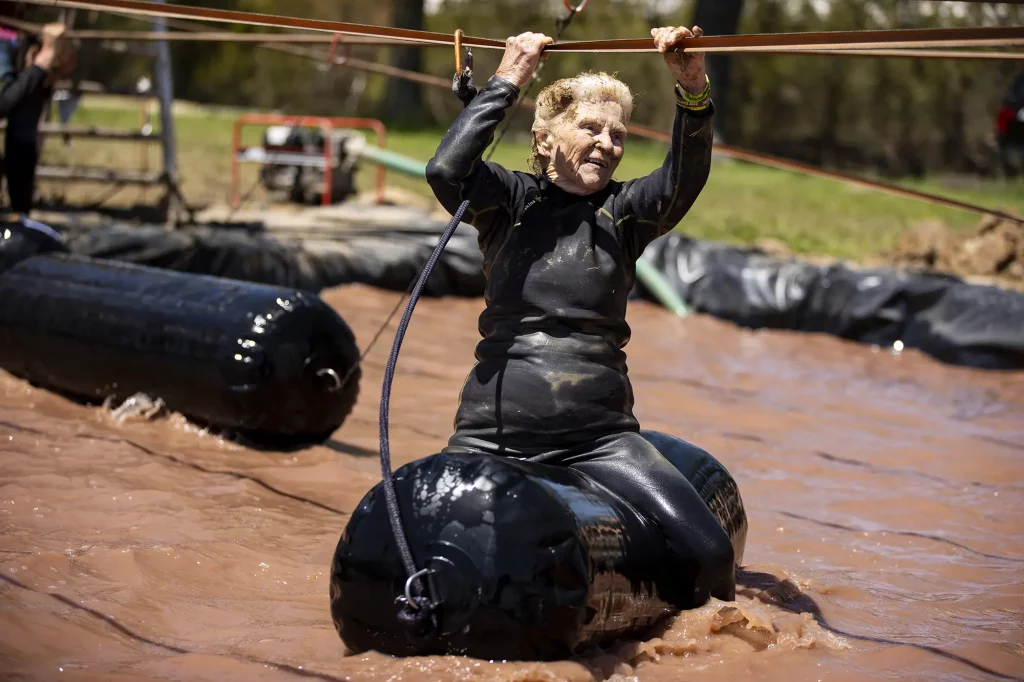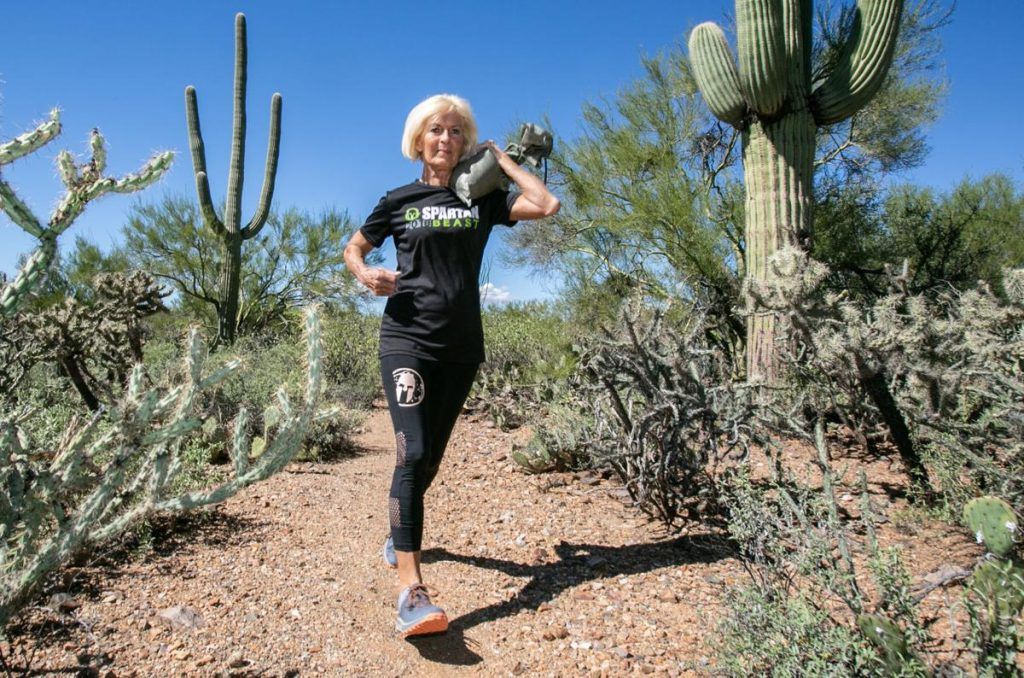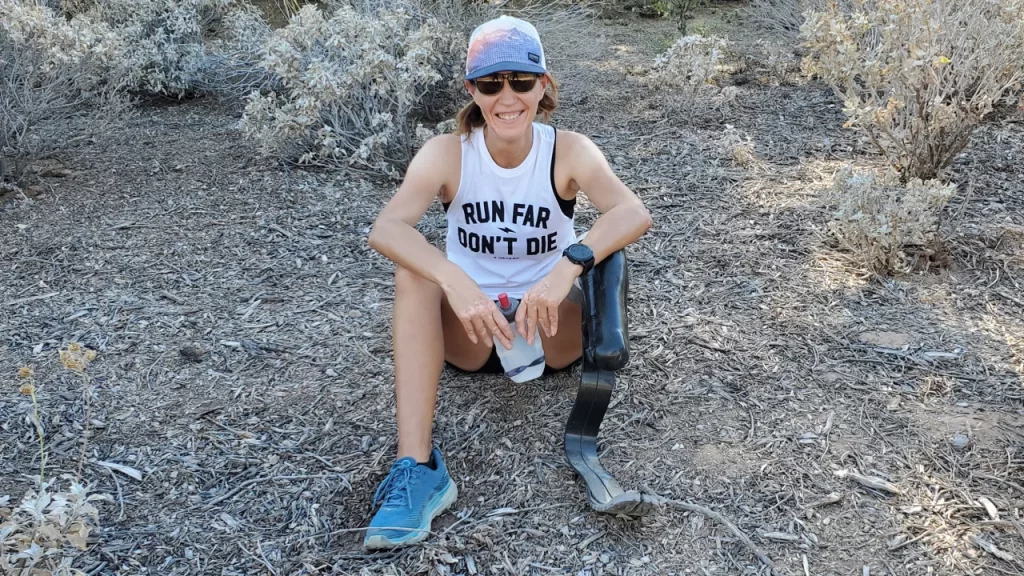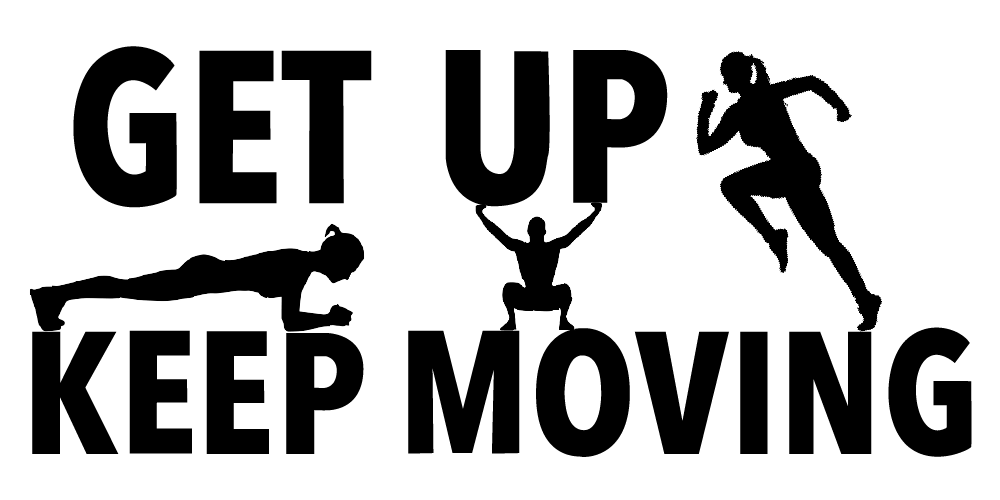Hello my friends,
Do you feel like your chronological age? There are expensive tests to determine your biological age, but the way we feel and perform is a good way to get a good sense of how we’re aging. The stories in this issue are of women doing amazing things 83, 73, and 46 after experiencing injury, illness, and loss.
With smart diet and exercise you can feel great and perform at the top of your game.
With exercise your biological age can be considerably lower than your numerical age – both physically and mentally.
What you eat can reprogram your genes. The latest evidence in the study of nutrigenomics suggests that food also “talks” to our genome, which is the genetic blueprint that directs the way the body functions down to the cellular level.
You’re constantly changing. Your environment and everything you do can change hormone balance, and change genetic expression.
Epigenetics is the study of how your behaviors and environment can cause changes that affect the way your genes work.
You’re changing as an organism as you age every nanosecond, and while you’re being affected by all kinds of stressors from the environment, relationships, the food you eat, exercise, your job, how much sleep you get – you are constantly adapting. Hormones support and enable adaptation, and diet and exercise both affect hormones.
These women are my heroes. Age, illness, loss – no excuses.
Mildred Wilson at 83, is inspired to compete in Tough Mudder races after her husband died 2 years ago after getting COVID-19 and then having a heart attack while being treated for the coronavirus. She decided that she wouldn’t sit at home to mourn her loss, but instead be active and work through her sorrow. She’s also raising money with her son to install a water well in Africa for people who do not have access to clean water, and honoring her daughter-in-law, who is battling pancreatic cancer.

Marla Sweeney at 73 trains to compete in 54 grueling Spartan races. As the result of degenerative disc disease, compounded by being a victim of a head-on crash with a drunken driver about 12 years ago, the vertebrae in her neck are of a fiberglass material with a titanium plate and screws. Her regimen includes lifting weights, running up and down trails in the Tucson Mountains, jogging while carrying a bucket of rocks, flipping a large tire and throwing a spear into a bale of hay. She does it all in spite of chronic health issues, including scoliosis, degenerative disc disease and osteoarthritis.

After her leg was amputated due to Ewing sarcoma, 46-year-old mom of 2, Jacky Hunt-Broersma, formerly a non-runner, cancer survivor, ran 104 marathons in 104 days on a prosthetic leg. She says, “When I became an amputee, you become very limited – everyone tells you: ‘You can’t do this, you can’t do that. With my running, it’s taught me that I’m capable of so much more. I thought this would be a great way to show people what you could do if you just pushed yourself out of your comfort zone.” As part of her marathon challenge, Hunt-Broersma raised close to $200,000 for Amputee Blade Runners, a charity providing running blades – which are often costly – for amputees.

These women are my new best friends I’ve never met. I don’t know what their diet consists of, and only a little bit about their training, but here’s the question:
When was the last time you did something for the first time?
There’s always a first time. Let’s do it together.
Onward~
Polli





4 Responses
Really enjoyed reading of older women having a great life. Very inspirational. Gives me motivation to keep trying to get my split number down on the erg
Hi Nadine, I’m so glad these gals inspire you too! Looking forward to working with you!
Amazing women!
Hi Cheryl~
They sure are!